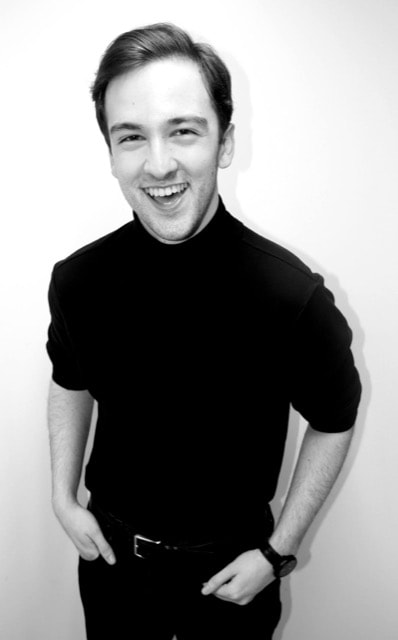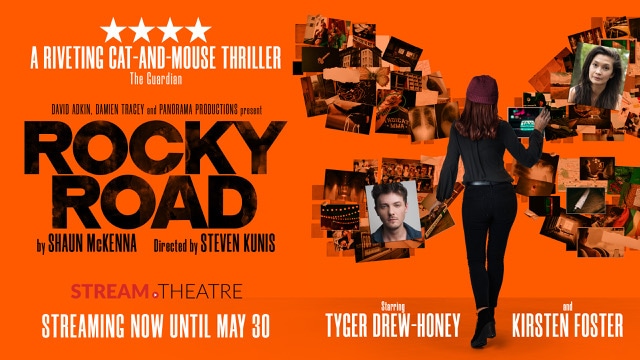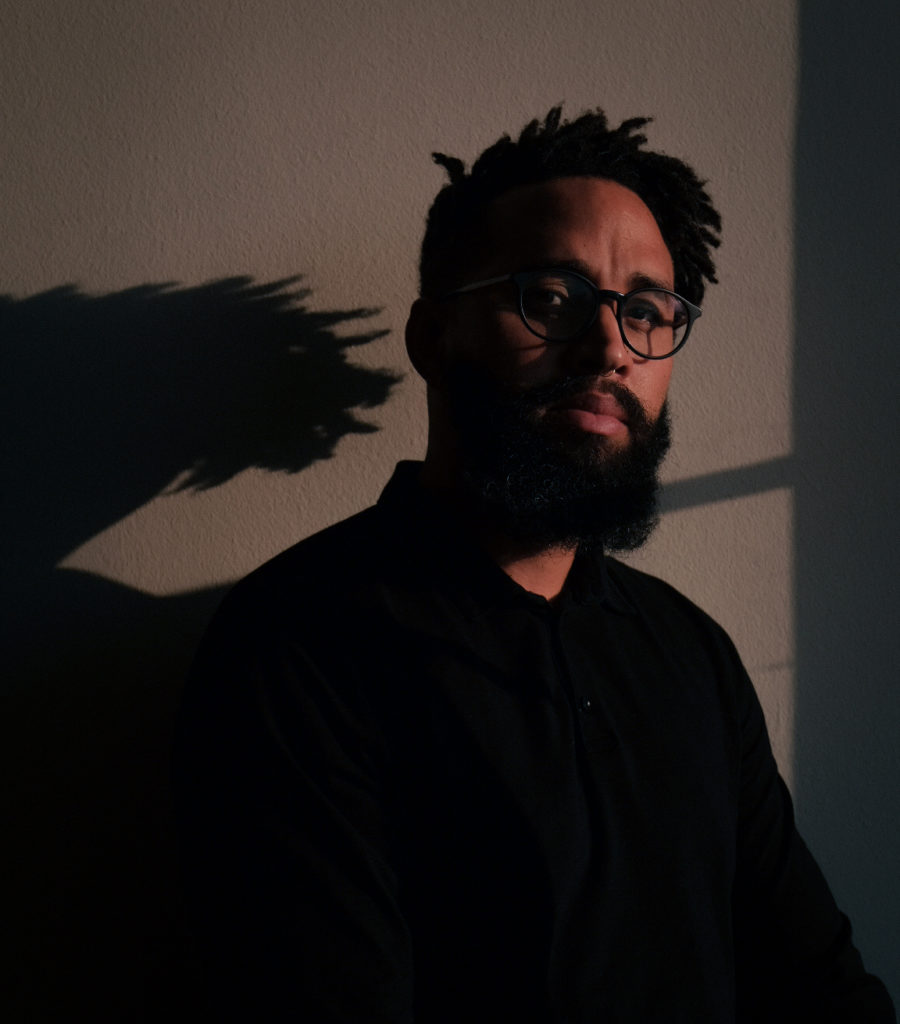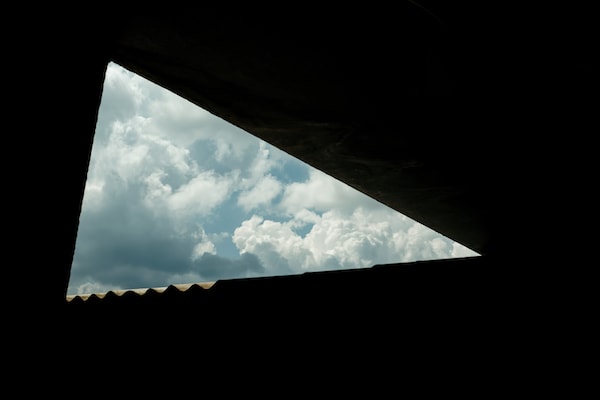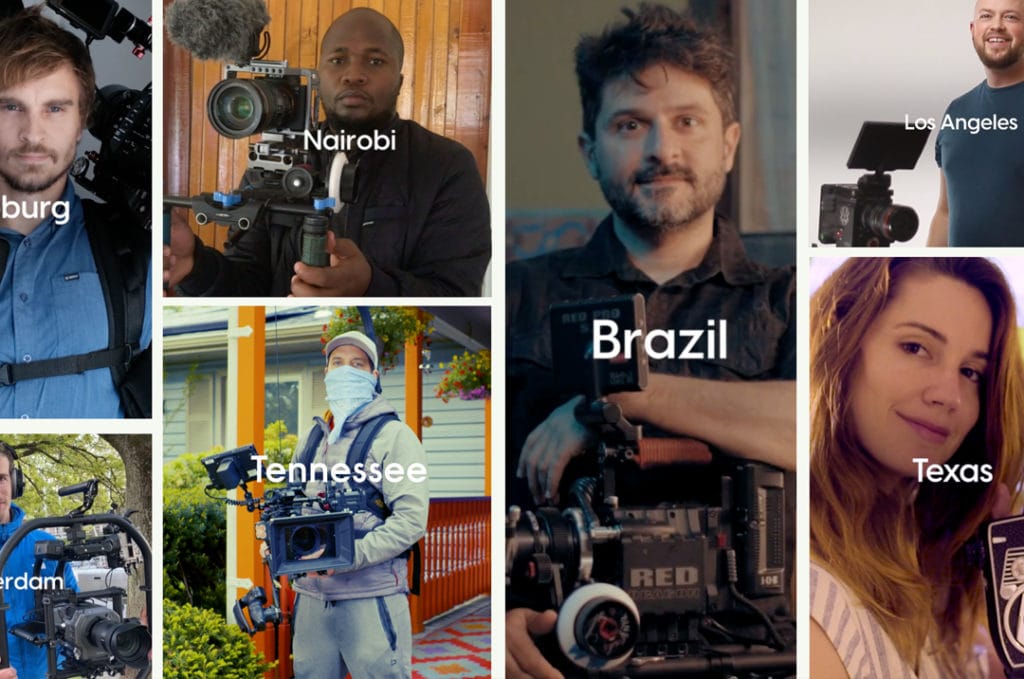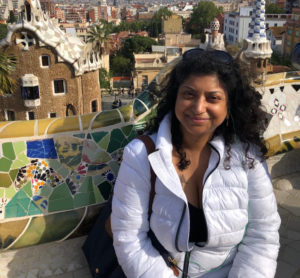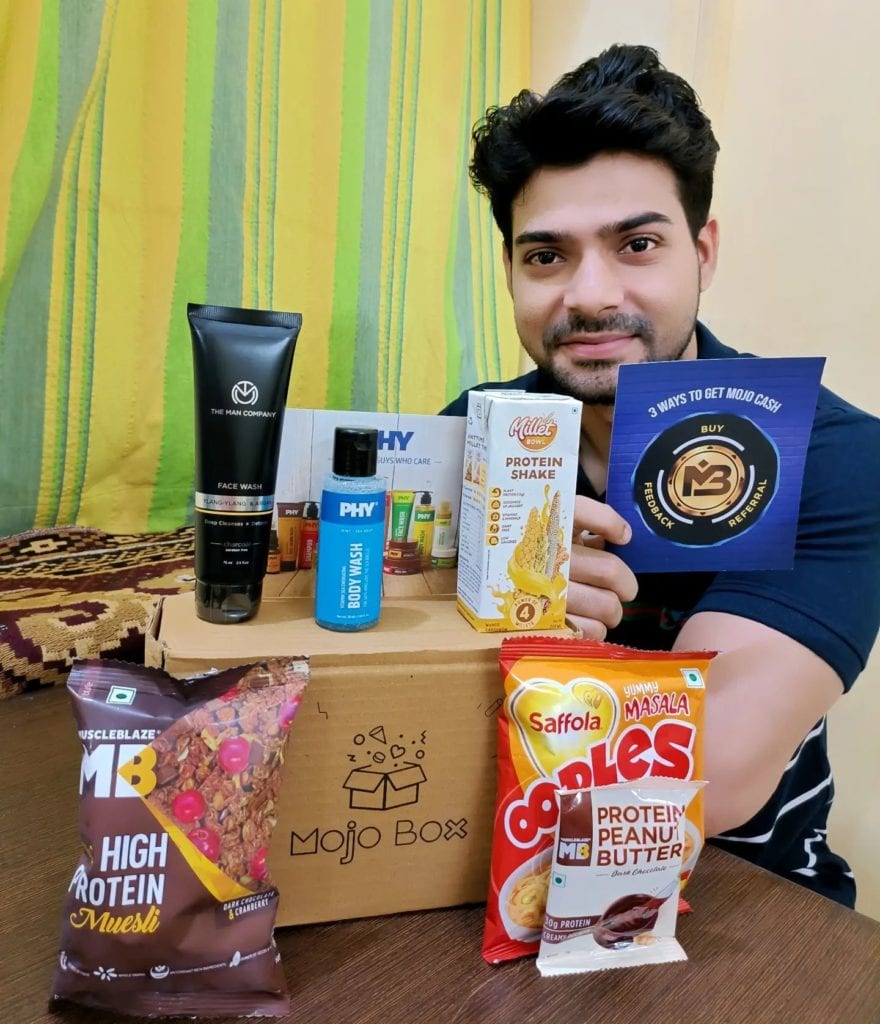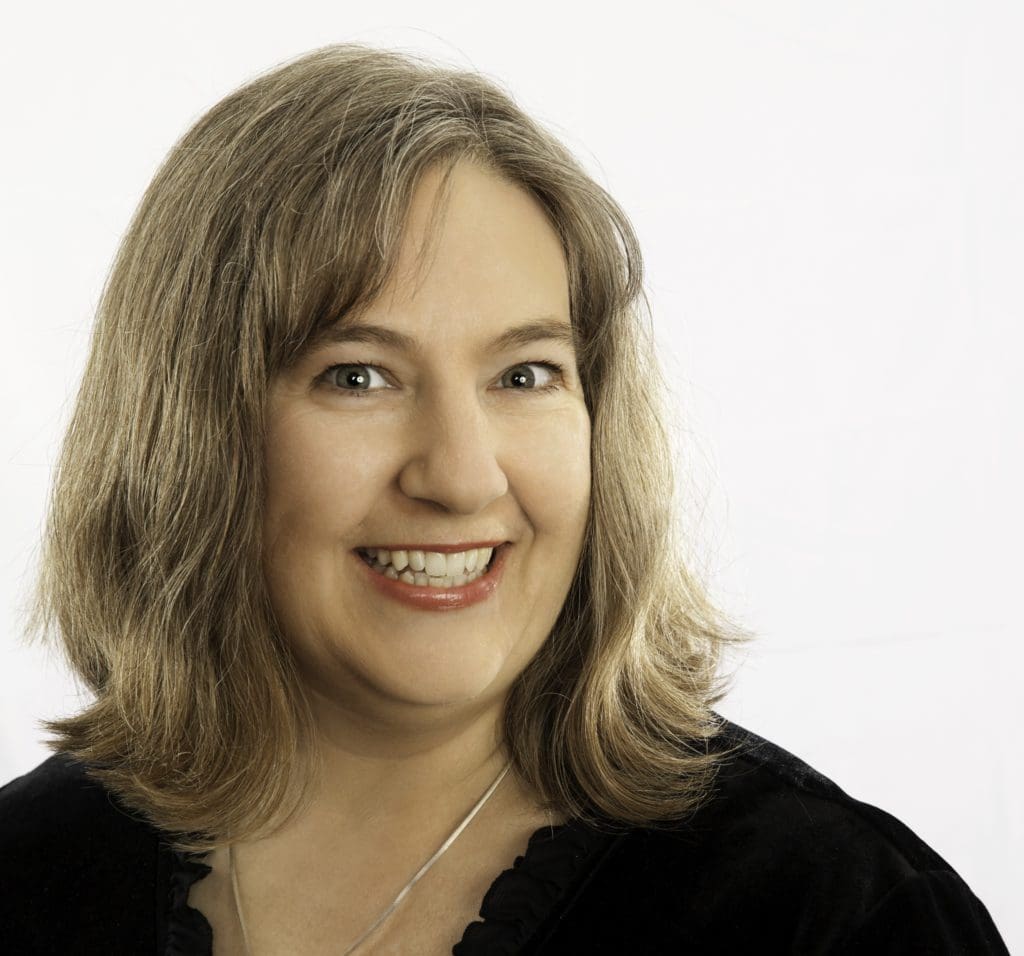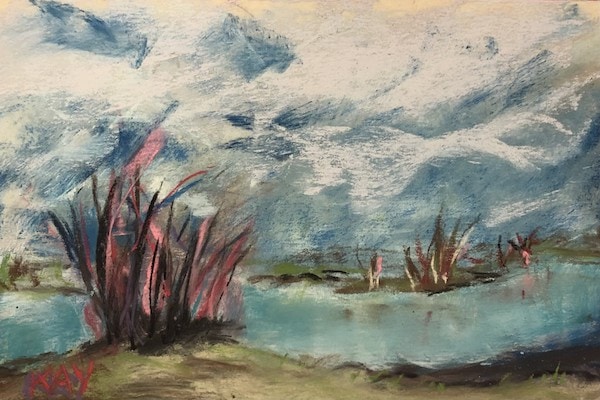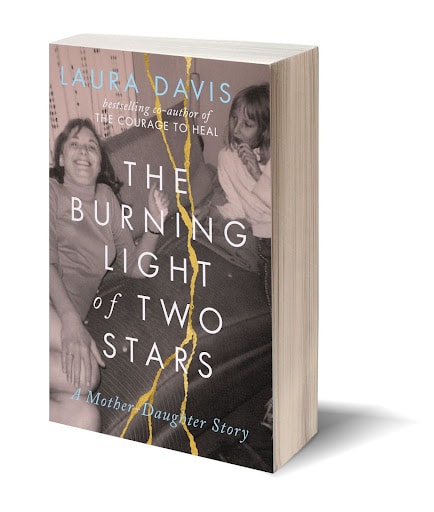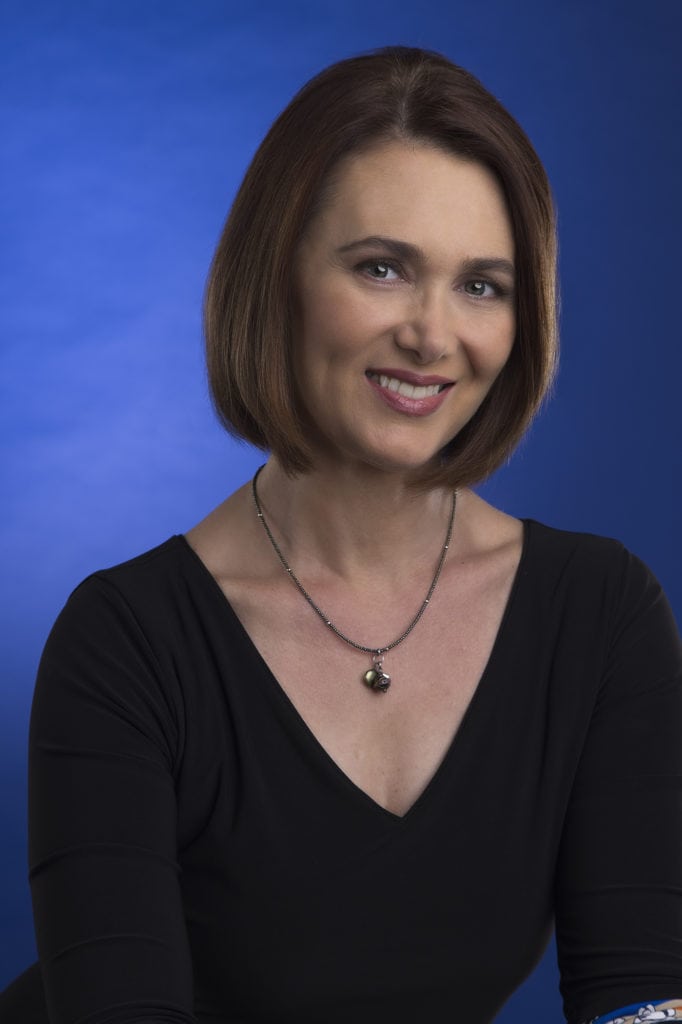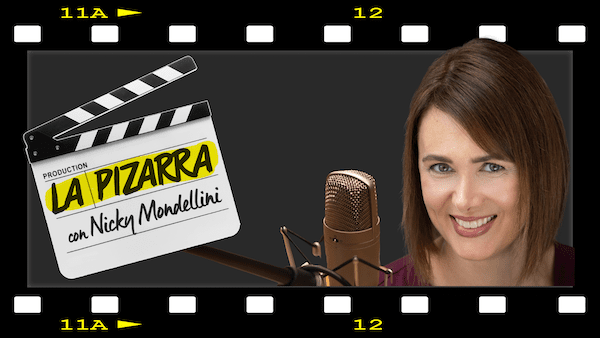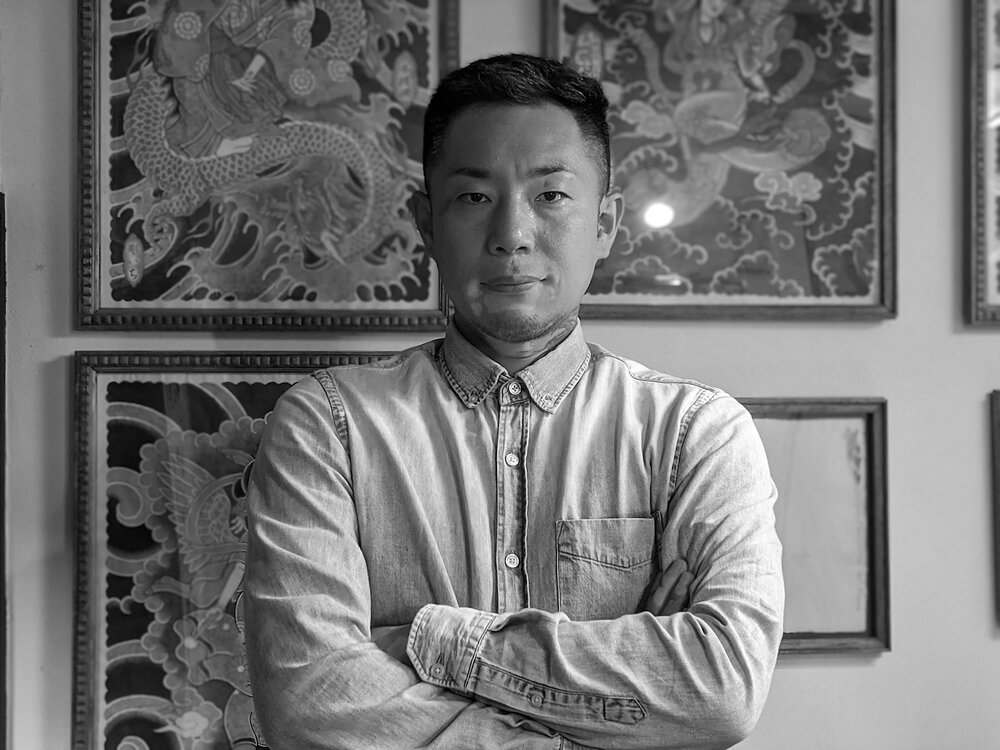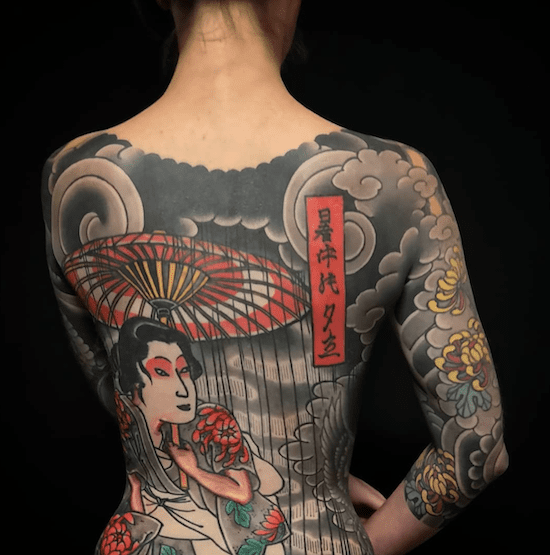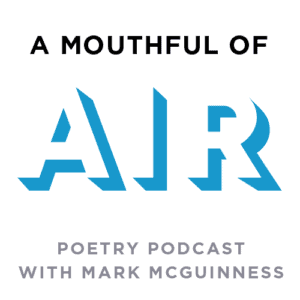When the Covid 19 pandemic struck in 2020, human life on earth was massively disrupted. Not only the human tragedy of millions of lives lost, but also the social and economic damage caused by the virus and our attempts to control it.
As a writer and a coach for creatives, I have been particularly concerned with the devastating effect of the pandemic on many sectors of the arts and creative industries, and on the lives and livelihoods of creative professionals like you and me.
So in late 2021, when I started planning Season 6 of my podcast The 21st Century Creative, I decided to use the season as a way of seeing what we can learn from what we’ve been through – and to give you some inspiration and ideas for not just surviving but potentially thriving in the new landscape that we find ourselves in.
I assembled a lineup of guests whose work was severely disrupted by the pandemic, but who responded by doing something new and creative.
I focused on the arts and creative industries that have been most disrupted – including theatre, music, TV and film production, in-person live events and experiences.
I also had stories from some creative fields that didn’t necessarily get so much media coverage, but which were also severely affected – such as teaching retreats, experiential marketing, street photography and tattoo art.
And I did my best to get a global perspective on the crisis, because the pandemic played out in different ways in different parts of the world.
Based in Bristol myself, I cast my net wide and managed to record interviews with creatives on five different continents – in London, Prague, New York, Austin, Nashville, Santa Cruz, Johannesburg, Mumbai, Tokyo and Melbourne.
As the virus spread around the world, these creators were locked down, they were shut down, they were grounded. They were forbidden to go out to work, or to perform for their audience or to sell to their customers or to work with their clients in the ways they had always done it.
They had to cancel tours and plays and films and retreats.
They had to deal with isolation, illness, strain on their mental health.
Some of them had to make ends meet when their main income had been cut off, and government support was in short supply.
Some of them had to homeschool while trying to work. Others were responsible for teams of employees, and had to make tough choices about whether they could keep them on.
And in the face of all this… they kept their creative spark alive. They found the energy and the courage and the faith to do something new, to try something different, to experiment.
Some of them pivoted or reinvented themselves, by doing new types of creative work, or finding new ways to bring their work into the world.
Some of them looked outward to their peers and colleagues, to the wider industry, to see what they could do to help in the crisis.
All of them had to dig deep, and draw on reserves of creativity and resilience that they’d never had to use before.
And they produced results – new artworks, new products and services, new income streams, new audiences and customers, even whole new businesses. New ways to live and work and thrive in the 21st century.
These are the stories I have collected for you in The Creative Disruption season of the 21st Century Creative.
The rest of this article includes a brief summary of the 10 stories I collected, including the challenges faced and how they rose to meet them.
You will also find the 10 podcast episodes embedded in the article, where you can hear the full stories in the form of extended interviews with the creatives. The podcast episodes are also available on Apple Podcasts, Spotify, Google Podcasts and other platforms.
In the final episode, I talk about my own journey through the pandemic and what I’ve learned from it. And you can hear best-selling author Joanna Penn interview me about how I created, funded and launched my new poetry podcast in the midst of the pandemic disruption.
One thing I’ve said from the start of the pandemic is that I hope we all come out of it with more options than we had beforehand. I’ve done my best to collect insights about what those options might be, and share them with you.
With the ongoing economic crisis and what’s left of the pandemic, we are no means out of the woods. So I hope you find my guest’s insights helpful, and their stories as inspiring as they are to me.
Episode 1: Steven Kunis, Theatre Director (UK)
Steven Kunis is a Greek-American theater and opera director, currently based in London. He is the founding artistic director of Panorama Productions, a company committed to international collaboration in the fields of theatre and music.
Covid Disruption
When the first lockdown was announced, all the theatres in the UK were closed. Which meant Steven’s UK Premiere production of Young Jean Lee’s STRAIGHT WHITE MEN at Southwark Playhouse was put on hold.
His commitment to bringing people together in the theatre meant that when the pandemic first struck, he was sceptical of the idea of simply moving a theatre production online.
Creative Response
When it became apparent that the theatres were not going to reopen any time soon, Steven came up with a completely new production, ROCKY ROAD, based on a script by Shaun McKenna and combining elements of cinema and live theatre.
ROCKY ROAD made live theatre accessible at a dark time for the industry, and received glowing reviews. The Guardian described it as ‘a riveting cat-and-mouse’ thriller:
Artfully directed by Steven Kunis, Rocky Road was broadcast live from Jermyn Street theatre last week and is a fine example of onscreen theatre wrought with the suspense of live drama and employing the aesthetics of film.
And when restrictions were relaxed and theatre returned to the stage, Steven and Panorama were in the vanguard, with the revived production of STRAIGHT WHITE MEN, which was nominated for Best New Play at the Off West End Theatre Awards. Steven himself was nominated for Best Director. It was also named by Sam Marlowe at The i newspaper as one of the top ten theatre events of 2021 and garnered four-star reviews in The Evening Standard, The Guardian and The Times.
Key Insight
The only reason this Rocky Road play existed was because we were told it was a horrible idea to have our other play put under a live stream format and thinking, “Okay, what can we do now?”
This play was written by a playwright who had that theatrical bent to his craft but wrote this originally as a film, meant to be made into a film… The hybrid format that it was in was even more powerful than just a film experience alone or just a theatre experience alone.
Episode 2: Earl Abrahams, Artist and Filmmaker (South Africa)
Earl Abrahams is an artist and filmmaker who likes to get up and close with his subjects, by walking and skating the streets of Johannesburg, sometimes hitching rides on the traffic as he captures the life of the city.
He is an official Fujifilm X-Photographer, and has showcased work in Paris through an exhibition titled ‘Créateurs en Mouvement’. His marketing clients include brands such as Fujifilm, SAB, KFC, ALDO, MTN and Vodacom.
Covid Disruption
Earl’s work capturing the life of the streets of Johannesbug came to an abrupt end in early 2020, when a strict, heavily-policed lockdown saw him confined to his apartment block and its parking lot.
I was living in an apartment block and it was heavily monitored. So you couldn’t just get out if you wanted to get out, you needed to chat to security. We had these four levels of parking lots, and I spent my time basically running and exercising and skating in the parking lot. That’s what I started doing the first three weeks. And then, like I said, after the second announcement, that’s when I started to realize how serious this really is.
Creative Response
He responded to the lockdown by making his camera his window on the world, documenting the experience in a remarkable series of photographs, which became known as Lockdown Series.
I started documenting the parking lot, documenting things over the wall. People that are cruising in the streets. They were not allowed to be there, but we have a big homeless population. So I made sure to document people in spaces, but moving through shadows and moving through spaces.
I decided to build in a daily practice of shooting. Whether it’s one image a day or even if I’m sick and in bed, I grab a shot of the light coming through the window.
Lockdown Series wasn’t just a personal project – Earl shared the images on Instagram and then started selling prints online, which helped him sustain him financially through lockdown.
Key Insight
I think life teaches you that sometimes you don’t know what lies ahead, but all you got to do is just follow the process.
Episode 3: Hometeam – Lagan Sebert, Harrison Winter and Brandon Bloch, Filmmakers (USA & Czech Republic)
Hometeam is a film and TV production company founded by Harrison, Brandon and Lagan in response to the pandemic.
Prior to the pandemic, they had spent years building networks of film-makers around the world, and providing remote shooting services to clients via Harrison’s company Co.MISSION Content Group and Brandon and Lagan’s company Magic Seed Productions.
Covid Disruption
Travel restrictions, border control, quarantine, and later on, vaccine requirements, meant that a huge proportion of filming ground to a halt during 2020 and struggled to pick up for many months afterwards.
All of which created a huge headache for TV production companies, movie studios, advertising agencies and other media producers.
At the same time, filmmakers all around the world were sitting at home, frustrated that they were unable to use their skills, and anxious about their financial situation. At this point, Harrison Winter, Brandon Bloch and Lagan Sebert realised the solution was staring them in the face.
Creative Response
Between them, their two companies had the resources and experience to reboot productions while the rest of the industry went dark. So they took the next logical step, and founded a new company, Hometeam.
They joined the dots via their networks, connecting clients and film-makers, to reboot filming, get productions made, and provide work for talented creatives around the world.
Hometeam leverages a highly-curated network of over 500 top-tier filmmakers across more than 150 countries to provide remote shooting solutions to clients around the globe, including NBC’s The Voice, HBO Max’s Legendary, NBC’s Global Citizen Prize, and Trillions of Questions. No Easy Answers., a feature-length documentary for Google.
And they argue that their model is not just a band-aid for a temporary problem – it can deliver many creative benefits, as well as logistical ones. So it opens up new possibilities for the future of production for TV, film, brand and agency clients.
Nobody knows their city better than a local crew. They’re going to say, “There’s this awesome cornfield”. And, “There’s this cool alleyway nobody knows about where all the locals do graffiti”. ~ Brandon Bloch
Key Insight
I wanted to be able to go into any room, at any agency, anywhere in the world, and say, “Wherever you need your content filmed, we can do that tomorrow”. ~ Harrison Winter
Episode 4: Amrita Kumar, Agency Owner (India)
In October 2019 Amrita Kumar was celebrating becoming CEO of Candid Marketing, an innovative experiential marketing agency with offices in Bombay (aka Mumbai) and Delhi, in India.
Over the course of 21+ years Amrita and her co-founder and partner Atul Nath had grown Candid into one of India’s most awarded Experiential Marketing agencies, named as the No.1 Brand Activation Agency in the country by The Economic Times, with a team of over 120 staff and a client list including Bacardi, Cadbury, Disney, Coca-Cola, Vodafone, Dyson and Uber.
Becoming CEO was the culmination of 21 years of work on the company. A moment to savour her success and look to the future. She was full of plans for 2020, oblivious of what was coming.
Covid Disruption
Candid’s strength is meeting consumers face-to-face, getting products into their hands and eliciting honest feedback. And this is precisely what made the agency vulnerable to the pandemic.
Because when Covid struck and India went into strict lockdown, Amrita and her team were forbidden from carrying out their core business activity – going out onto the streets to meet consumers in person.
As a leader, she had to make some hard, and eventually excruciating choices, particularly around whether and how long she could afford to keep hold of her team.
Creative Response
In the midst of the turmoil she came up with a creative solution to her problems, by launching an innovative new service that grew into a whole new business: Mojo Box.
Mojo Box is an online platform that helps consumers discover and experience new products before buying. They sign up via the website mojobox.online and for a small convenience fee they are sent Mojo Boxes, containing a range of new products to try.
The value of the products is far greater than the convenience fee, and Amrita’s members told her that the arrival of a new box was a moment of fun and discovery in the long lockdown days.
Amrita used Mojo Box to help her big brand clients reach new customers in spite of the restrictions – and in the process, she grew her membership numbers to 270,000 and kept her own business afloat during the pandemic. Now, she’s looking to the future with renewed optimism.
Key Insight
With Covid, consumer behaviour changed. Indians got more comfortable transacting online. Indians got more comfortable putting more information, personal details online. Internet payments, digital payments exploded obviously because of Covid.
Suddenly, I went back to all our old discussions and started thinking about it and the thought process was: let me start something, let me just jump, I’ll aim later.
Episode 5: Kay Lock Kolp – Parenting Expert and Coach (USA)
Kay Lock Kolp is a coach and podcaster with many years experience of helping parents to be better parents, and also to take better care of themselves.
Kay lives in Massachusetts, USA, with her husband, sons, and the family‘s twelve-and-a-half-year-old pet chicken. Via her coaching and her podcast, Practical Intuition with Kay, she offers support for ‘grown-ups and our inner lives’.
Covid Disruption
Parents around the world were severely disrupted when Covid forced them into extended childcare and ‘involuntary homeschooling’ during lockdown.
The added demands and distractions were particularly keenly felt by artists and creatives, whose work requires single-minded focus and ‘alone time’.
So Kay found her experience and expertise in great demand, as an artist and author who had helped many creatives balance their work with their responsibilities as parents.
Creative Response
Kay stepped up to help parents stay as creative as possible through the pandemic, via her coaching work and her podcast.
In this interview Kay talks about her own experience of art and parenting, and about what she learned from homeschooling her children long before the pandemic arrived.
She also shares insights based on her work helping parents who face hard choices about where to put their time and attention on a daily basis.
Kay tackles the practical challenges of lockdown parenting and homeschooling, as well as psychological insights around self-care, permission, and creativity.
Key Insight
What we do is we work on the inner lives of parents.
Episode 6: Charlotte Abroms, Music Manager (Australia)
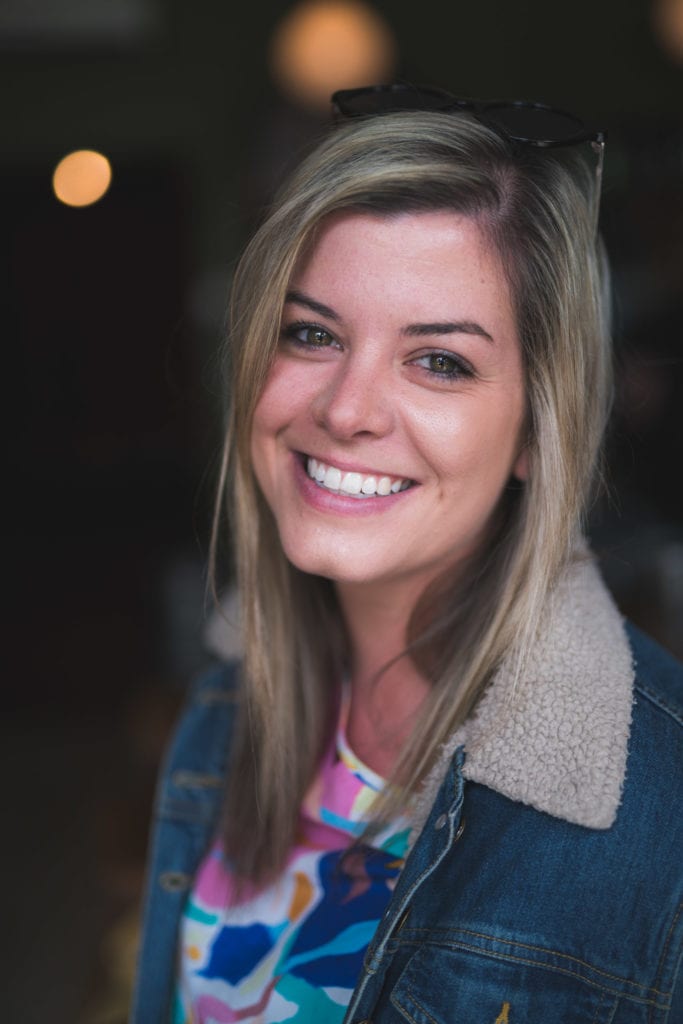
Charlotte Abroms is a music manager based in Melbourne, Australia, who guides the careers of artists such as Ainslie Wills and Haarlo, and producers Jonathan Steer and John Castle.
She is a recent recipient of Australian accolades the Lighthouse Award, the Fast Track Fellowship and the Outstanding Woman in Music Award.
Covid Disruption
When the COVID-19 pandemic struck, Charlotte was about to book a major European tour for one of her artists. Instead, she found herself enduring one of the longest and strictest lockdowns in the world, in Melbourne.
Music was one of the creative sectors that was hardest hit by the pandemic, with gigs and tours cancelled around the world, and artists cut off from their connection with fans as well as their income.
All of which meant Charlotte wasn’t able to perform most of the work she would normally do for her clients. But she’s an incredibly upbeat and resourceful person, so when she realised she had a lot of extra time on her hands, she decided to put it to good use.
Creative Response
Charlotte response to the pandemic by looking outward – to her musicians, her peers and the wider industry, to see what she could do to help.
In the first few months, she helped musicians create virtual gigs and sell tickets, and organised a fundraiser to help people in the music industry,
She also started offering 1-2-1 mentoring to her clients and other musicians, where she focused on the big-picture career questions that are often sidelined in the hectic round of recording and touring.
What I love the most is talking to someone and saying, ‘What is it that you want out of your career? What are your goals? What drives you? What gives you that spark that we talked about before, that passion?’
She developed this approach into a new mentoring service for musicians as well as younger music managers.
Key Insight
When I look back in hindsight, I was very close to experiencing quite severe burnout but I had no idea that that was the case until the pandemic… I think the general consensus is that everyone had the opportunity to stop and pause and reflect on how they were working.
Episode 7: Laura Davis, Author and Teacher (USA)
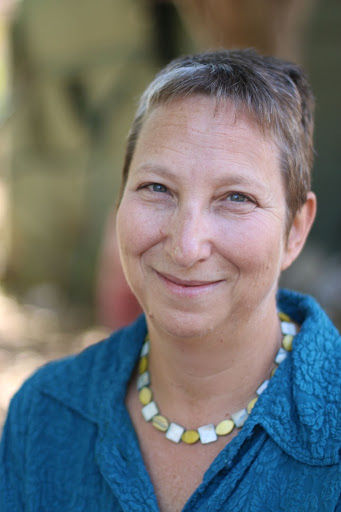
Laura Davis is an author and teacher who writes books that change people’s lives. Her first book, The Courage to Heal, which she co-authored with the poet Ellen Bass, came out in the eighties and it was the first book to give survivors of sexual abuse a pathway to the healing process.
Laura’s books have been translated into 11 languages and sold millions of copies. She is also a very experienced teacher who has been helping other writers find their voice and tell their stories at classes and retreats for many years.
Laura’s latest book is The Burning Light of Two Stars, a powerful memoir about her relationship with her mother, how that was disrupted by Laura’s writings and how they took steps to make peace with one another.
You can read the opening chapters of The Burning Light of Two Stars here.
Covid Disruption
When the pandemic struck in 2020 Laura had to cancel all her retreats for the year, and she lost the bulk of her income in a moment. And like many teachers and facilitators around the world, she was left facing the question: what next?
The obvious answer was virtual teaching. But Laura had always resisted this idea:
For many years, people had emailed me or written and said, ‘Why don’t you teach online?’ because I had fans or students or people who followed my work who wanted to study with me and didn’t want to travel across the country to do it. And I always said ‘no’. There’s no way I could replicate what I do in person in a digital environment. I was certain that I had to be in the room, that I had to feel the energy in the room.
Creative Response
Faced with what felt like no alternative, Laura challenged her own beliefs and stepped out of her comfort zone to take her work online, starting by gratefully accepting an offer of technical help from a member of her community.
I taught a class for more than a year of the pandemic called ‘Writing Through the Pandemic’, and I had people from all over in that class, and we met once a week and we would write two prompts that focused on whatever was happening in the moment.
Laura also ran retreats, work weekends and other events online, and discovered many elements of online teaching that she enjoyed, such as the flexibility and the ability to reach and work with students around the world who would never have been able to attend an in-person event.
Even now, when she is back running in-person retreats at inspiring locations around the world, she still incorporates online classes as part of her ongoing teaching work.
Key Insight
The way I set the container [for a workshop or retreat] creates pretty predictable results. And I found that the same results were happening online. I didn’t think that would happen. I also found that I was able to read people, that I was able to pay attention to what was going on with people, and as I got more facile with the online interface I found there were a lot of ways to keep communicating with people… I was still able to connect.
Episode 8: Nicky Mondellini, Actor and Voice Artist (USA)
Nicky Mondellini is an actor who has worked in television, film and theatre. Having grown up in Mexico City with an Italian father and a British mother has made her equally proficient in Spanish, English and Italian, as well as different accents.
She is also an award-winning voiceover artist specialisting in commercials for the Hispanic market; she has been the voice of major brands such as Ford, Google Pixel, Fiat Alfa-Romeo, Texas Lottery, Blue Cross Blue Shield and Ikea.
Covid Disruption
At the beginning of 2020 Nicky had been cast in a film and was looking forward to starting shooting in February. Then the pandemic arrived and the project evaporated, as well as all the other acting opportunities she had been lining up.
It was a frightening time and a part of her was very tempted to play it safe. But she decided to treat the pandemic as an opportunity to lean into her voiceover work, raise her game and attract new clients.
Creative Response
Nicky invested in her professional development, ignoring the voice at the back of her mind telling her not to spend any money she didn’t have to.
She worked with the voiceover coach Dave Walsh to improve her performance, which led to her landing an ongoing national commercial campaign.
She also joined Marc Scott’s mastermind group, which led to the launch of her Spanish language podcast La Pizarra, which features interviews with experienced professionals in the entertainment business on both sides of the camera.
Creating the podcast has given Nicky another outlet for her creative talent, and is paying off by raising her profile, growing her network and creating opportunities for her career.
Key Insight
‘You have to keep pushing. You have to keep moving. Even though things are halted, what can you do to prepare yourself for when the economy does improve, for when things start picking up, what can you do?’
Episode 9: Ichi Hatano, Artist (Japan)
Ichi Hatano has worked as a tattoo artist since 1998 and also produces Suiboku-ga, a type of traditional ink wash painting.
In late 2019 Ichi was employing 3 more tattooists plus a full time studio manager in his Tokyo studio, and they were fully booked 6 days a week, with the majority of their business coming from overseas tourists, who wanted a very special souvenir of their trip to Japan.
Covid Disruption
Then along came the pandemic, and the restrictions meant that not only was Ichi’s tattoo studio closed for many months, but foreign tourists were barred from entering the country.
So Ichi’s business shrank from six days a week to only one or two clients a month. Which meant he had a lot of time on his hands, and he came up with three very different creative projects in response to his changed circumstances.
Creative Response
Ichi’s first pandemic project was a beautiful book of his Suibokuga paintings, called Ichi Hatano’s Dragons, which he crowdfunded on Kickstarter.
The second project is an ongoing DIY renovation project at a traditional house in the Japanese countryside, which he plans to turn into a gallery.
And the third was his entry into the world of Crypto Art and NFTs.
Ichi took part in CrypTOKYO, Japan’s very first in-person NFT art show, exhibiting and selling his digital artwork alongside notable Japanese artists and international icons including Beeple, and Maxim from The Prodigy.
The show attracted national press and television coverage in Japan, and established Ichi as one of the country’s leading digital artists.
Key Insight
‘Life is short. I feel like I’ve been starting to think more about how to spend my limited time. I want to do more big projects, but if each one takes a few years, I can’t do a lot!’
Episode 10: Mark McGuinness, Poet and Creative Coach (UK)
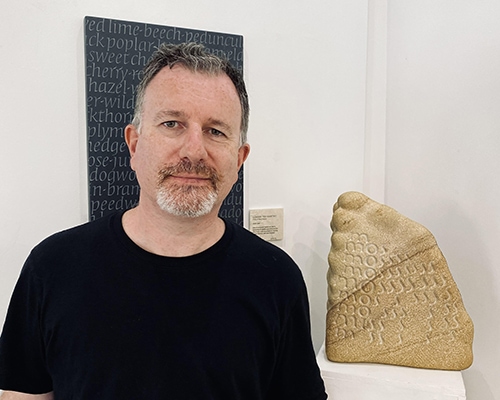
I am an award-winning poet who has been coaching creative professionals for the past 25 years.
I’m also the host of The 21st Century Creative podcast, and devoted Season 6 of the show, The Creative Disruption Season, to collecting these pandemic stories from creatives around the world.
In the final episode of the season, I talk about my own journey through the pandemic, and what I learned from my own experience of creative disruption.
Covid Disruption
Like people all around the world, my wife and business partner Mami and I experienced a lot of disruption to our daily lives, and we did our best to take care of our family in the midst of lockdowns, restrictions and uncertainty in the face of the new virus.
We were luckier than many, however, partly because of where we lived, and also the way we had set up our work and business prior to Covid. We had been working from home and online for many years, so were able to carry on our usual work as writers and coaches.
In this episode of the podcast, I talk about how the strategies and practices that allowed us to keep working and to be as resilient as possible during the pandemic.
Creative Response
I wasn’t forced into reinventing myself by Covid, but I did take the opportunity to focus my energy on a project I had been dreaming of creating for several years: a new poetry podcast, A Mouthful of Air.
I wanted to create a high-quality show to share my love of poetry, and introduce the work of contemporary poets to a wider audience.
It wasn’t a commercial project but I wanted the highest possible production values, so for the first time ever, we applied for public funding, from Arts Council England, and were thrilled when they awarded us a National Lottery Project Grant to help with the production of the show.
In this podcast episode, you can hear the best-selling author and speaker Joanna Penn interview me about the inspiration behind A Mouthful of Air, and how I conceived, funded, launched and produced the show against the backdrop of the pandemic.
Key Insight
Whatever you’re doing, if you want to get it out into the world, even if you’re giving it away for free, like a podcast, you’ve still got to sell it.
About the 21st Century Creative Podcast

At the end of the interview, I ask my guest to set you a Creative Challenge that will help you put the ideas from the interview in to practice in your own work.
And in the first part of the show, I share insights and practical guidance based on my experience of coaching creatives like you since 1996.
Make sure you receive every episode of The 21st Century Creative by subscribing:

